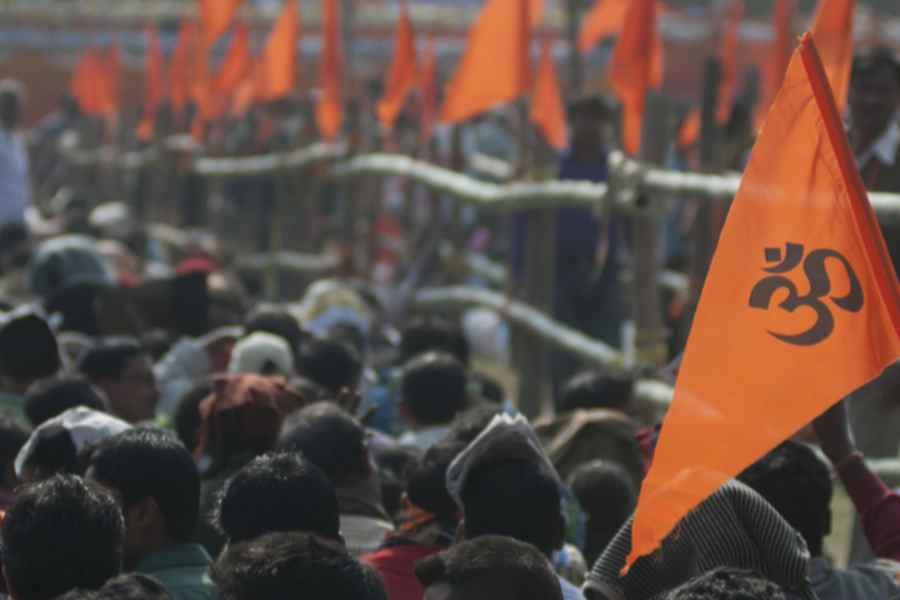The remark by C.K. Padmanabhan, a member of the national council of the Bharatiya Janata Party and a former president of the state unit in Kerala, that the hatred for Muslims, a phenomenon synonymous with New India, is counterproductive for the country is timely. It also belies the prime minister’s hollow, tired slogan of ‘Sabka Saath, Sabka Vikas’. This is because the ground reality weighs on the side of Mr Padmanabhan and not Narendra Modi. The latest evidence of the depth of the communal rot in India’s body politic was witnessed in Gujarat University when a mob of around 200 people attacked some international students for offering namaz during Ramazan. Astonishingly, the vice-chancellor has, as is often the case, subtly passed the onus of the ‘provocation’ on the students, suggesting that there is a need for overseas students to be sensitive to the host country’s culture. This begs an important question: does Indian culture now officially endorse discrimination of religious minorities and their rituals? Unfortunately, the evidence of discrimination against Muslims in today’s India is overwhelming and points to the institutionalisation of bigotry. Recently, a policeman was seen kicking Muslims offering prayers on the road in Delhi. In Uttar Pradesh, the offering of namaz in the open had been prohibited. From lynching to economic boycotts, from the dissemination of the fictive spectre of love jihad to spatial ghettoisation, from abuse directed at a Muslim parliamentarian inside the House to other, myriad kinds of harassment, the daily experience of the Indian Muslim is often contrarian to the letter and the spirit of the constitutional guarantees for citizens. Additionally, the shameful incident in Gujarat University is also likely to damage India’s reputation in the international fraternity and impair the country’s ability to attract international students: the latter is one of the goals of the National Education Policy.
The customary arrests have been made and the external affairs ministry has also taken note of the vile attack. But these interventions are unlikely to act as deterrents. This is because the political ascendancy of the BJP and the deep tentacles of the Hindutva ecosystem in the nation’s cultural life have resulted in an unprecedented strain on India’s pluralist ethos. There is collective indifference, if not tacit endorsement, for such a divisive agenda. Till that is addressed and resisted, politically and by the people, sectarian sentiments would be the norm rather than the exception.










